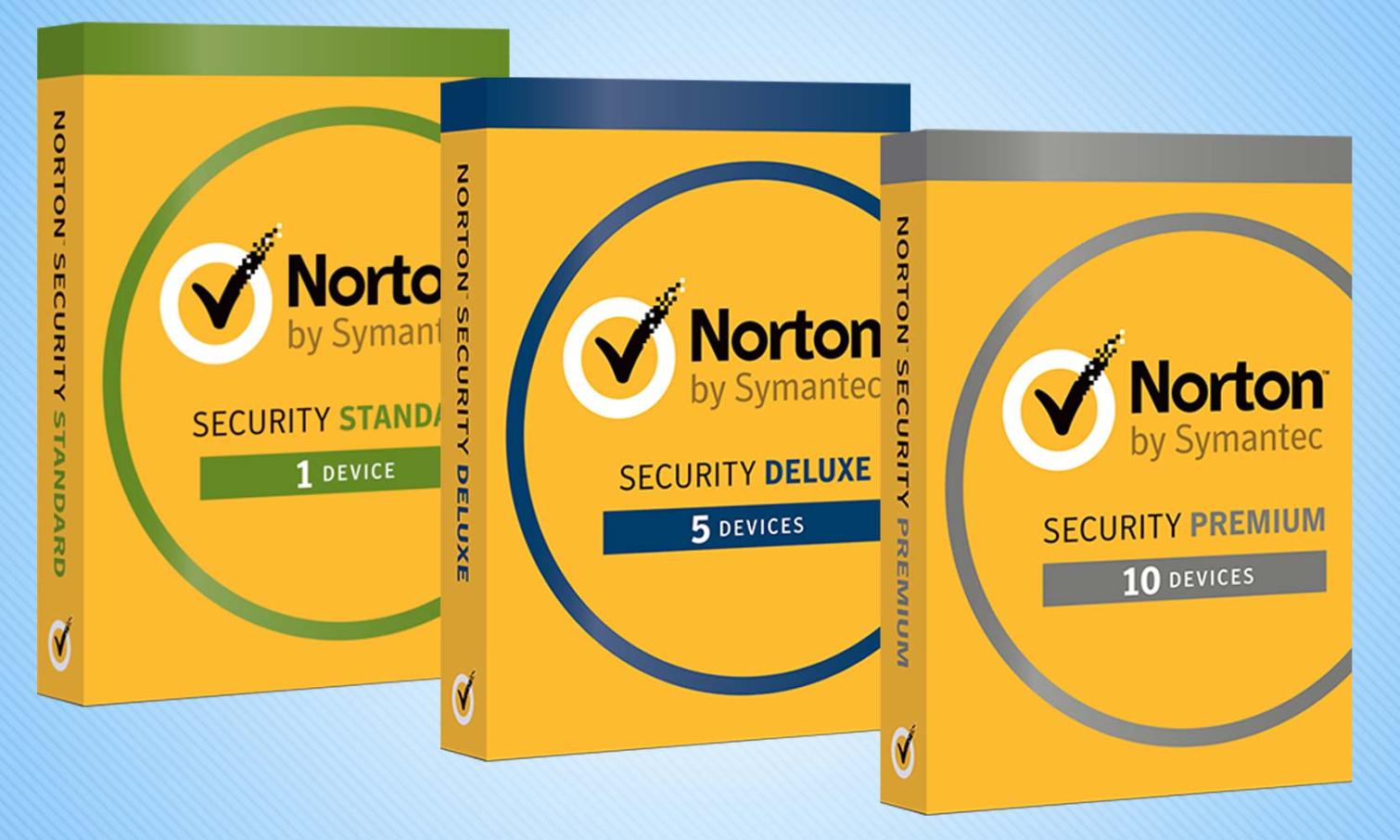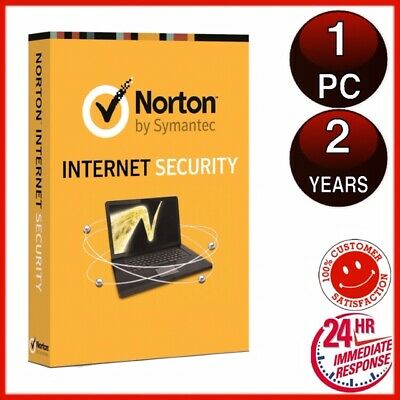

Spammers and scammers acquire a massive amount of email addresses through activating a bot to scour the internet for any text following the format or any and all comparable clients that offer email. You should instead type the address into your browser manually, so they cannot direct you to a malicious site. This is why you should never click a link in an email.
NORTON SECURITY SCAM DOWNLOAD
MalwareĬlicking on a link may also trigger download of malware to your computer (and may do so in addition to the phishing site). This is why you should turn off all HTML in emails by default, and only load it from sources you trust.įinally, if, for any reason at all, you call one of the numbers in the email, it is likely that they will be able to combine your email address, phone number, and name, which amplifies your victim value in scammer databases. This alone tells them that your email address is live, increasing its value to other scammers. Of course, many emails also contain a "tracking pixel", which is a tiny, invisible graphic that is fetched from a server when you go to read the email. Once they have collected your email address and a few passwords that you use, that is also valuable info they can sell for real cash money. It doesn't even matter whether they know what account they go to. But most likely, the link itself goes to a phishing site where you are asked to enter login credentials to confirm your account info/license/whatever. Just that bit of information by itself is very valuable to a spammer/scammer and is worth the effort of emailing you.

Clicking on a link, at the very least, confirms that your email address is active and that you click on links. Quite a few spam emails also contain links. He does scam-baiting videos and explains the process used by many of these scammers. Sometimes the scammer will give a sob story about losing their job, or be extremely hostile in order to convince the target to "return" the "stolen" $1800.įor a great example of this and many similar scams in action, I recommend a YouTube channel: Kitboga. The scammers will tell the target to go to their bank again and will proceed to show that "Oh no! You've received $2000 instead of $200! Look your balance is $2000 greater than before!" Surprised, the target now believes that they owe the scammers $1800, which the scammer will gladly accept in the form of Google Play gift cards, Bitcoin, or a similar irreversible transfer method. Since the scammers have access to the computer as well, they enter in an extra 0 when the target is typing, resulting in a number like $2000 being entered in. (Sometimes the scammers will also fabricate a transfer from "their bank" by transferring money between your own accounts, and then editing that transaction record as well) After this they will restore the screen to the target, with the bank minimized, then instruct the target to enter in the approximate refund amount ($200) into something like the command prompt on their own computer (which the scammers will say is their remote bank server portal). This edit is purely visual, and they have done nothing to the actual value of the account. While the screen is hidden, they will edit the HTML of the bank's website with the target's browser's Web Development Tools to show their balance as $2000 more than it really is. The scammers will hide the screen from the target with their remote control software, while telling the target that they are "connecting to the secure banking server for your refund" or something similar. They will tell the target to go to their online bank account and make a note of their balance. From here, anything is possible, but the likely course of action is the following:

Once the target is on the phone, the scammers will likely convince the target to allow them remote access to their computer. This looks like the setup for a Refund Scam.Įssentially, the target will call the number they supply all flustered about the fact that they're going to be charged some fee for a service they didn't get in the first place.


 0 kommentar(er)
0 kommentar(er)
